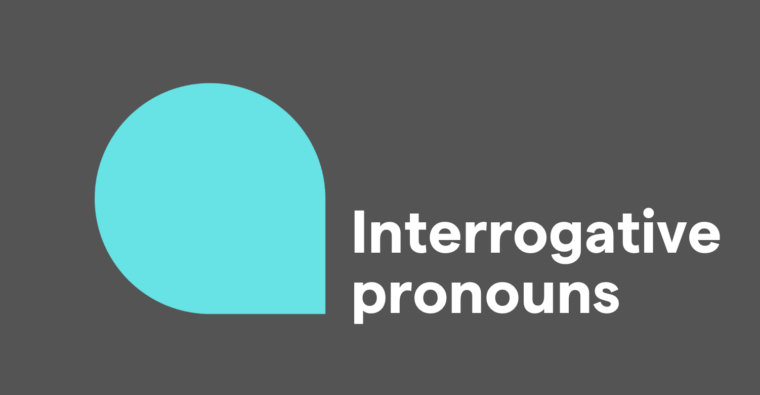When singers use backing tracks to sing less (or not at all) during a performance, they have to do what is called “lip singing”—mouthing the words without actually making sound. Old-timer’s disease is a terrible illness that affects people’s ability to think, remember, and control their behavior. A mute point is an issue that could be argued, but could also have very little consequence. To eardrop is to listen in on someone’s conversation.
What do lip singing, old-timer’s disease, mute points, and eardropping have in common? Not much, except that each of these phrases is incorrect. Lip singing is in fact lip syncing, mute points are moot points, old-timer’s disease is Alzheimer’s disease, and eardropping is eavesdropping. We call this particular type of erroneous word usage an eggcorn.
Why are they called eggcorns?
Eggcorns are called eggcorns because “eggcorn” itself is an eggcorn—a word that sounds similar to and has a meaning that sort of works in place of the original. In this case, the original is “acorn.” In September 2003, the linguist Mark Liberman posted an article to the blog Language Log. In the article, he described the case of a woman who used the term “eggcorn” instead of “acorn.” His fellow linguist Geoffrey Pullum noted that, if there’s no other name for this type of mistake, it might as well be called “eggcorn.” Lo and behold, seven years later, the term “eggcorn” found its way into The Oxford English Dictionary. Merriam-Webster recognized it five years after that.
What makes a word an eggcorn?
To qualify as an eggcorn, the substituted sound must preserve at least some sense of the original word. Lip singing is an eggcorn because it involves people move their lips as if they were singing. Old-timer’s disease is an eggcorn because the disease mostly affects the elderly. There are a few types of errors related to eggcorns—a mondegreen is almost like an eggcorn, but it involves misconstruing the lyrics of a song or other type of performance. A malapropism also features a similar substitution of sounds, but it results in a word or phrase that doesn’t make sense within the context.
Eggcorns as wordplay
However, eggcorns, just like malapropisms and mondegreens, have an abundant comedic potential. Case in point: the character Virginia, played by Martha Plimpton in the television show Raising Hope. Virginia was a very potent distributor of malapropisms, eggcorns, and other errors, linguistic or otherwise. She gave the world Obama-Car, an affordable car insurance program devised by President Obama. She also gave us self-refilling prophecies, infusiating into other people’s lives, and many other mistakes that made her a great character and made us laugh.
But if you think about it, eggcorns are often surprisingly witty as well. If you hear a word imperfectly, you have to make an educated guess in order to pronounce it yourself. Sometimes you’re right, but sometimes you come up with another word that sounds almost the same and seems to describe the same thing as the original word. All of this happens under the hood, without you even knowing it’s happening, and it demonstrates how great and flexible human brains are. And in a doggie-dog world, we need to be witty.






